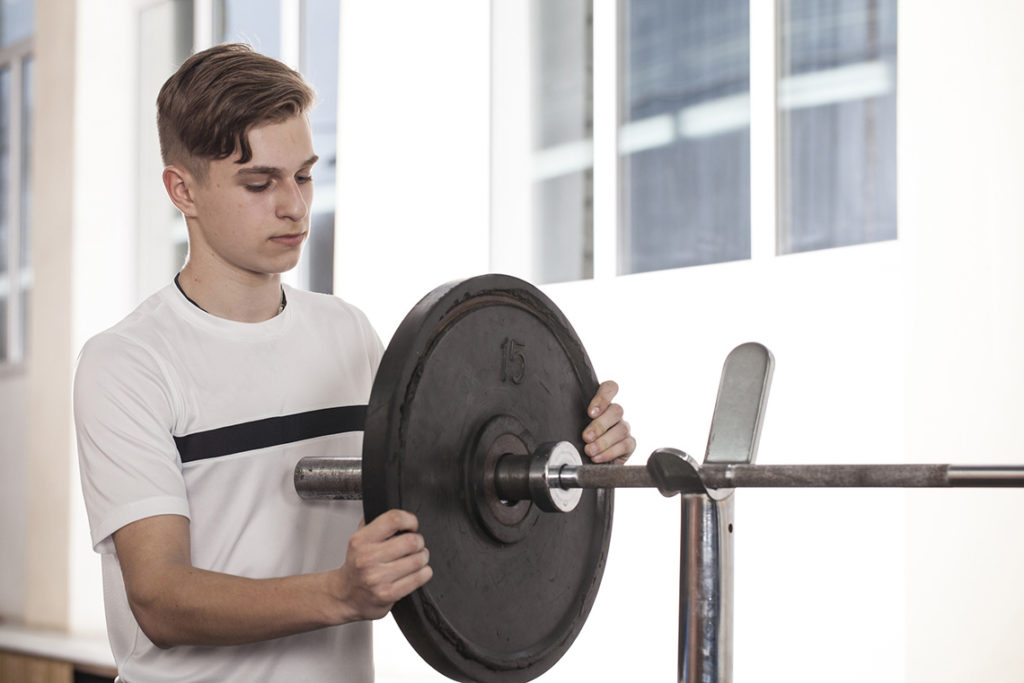
Supporting children and young people with their body image.
Body image issues are very common amongst teenagers and children. Having a healthy body image involves feeling confident and positive about your body. Having an unhealthy body image involves viewing your body in a negative way. Having an unhealthy body image can lead to engaging in unhealthy dieting behaviours, eating disorders and mental health issues such as anxiety and depression.
This is not a modern issue but it is one which has intensified with social media. In the past society has held unrealistic body image ideals, which have been promoted on TV and through films, advertising and magazines. In today’s society young people are seeing unrealistic body images portrayed by bloggers, personal trainers, and at times their own friends and families, on social media, through the use of filters and other editing tools.
It is important to remember that teenagers can struggle with their body image as they go through puberty because their bodies are changing. It is likely young people will compare themselves with their peers during puberty. If your child or young person is saying negative things about their body image, this is an opportunity to listen and try to understand what they are feeling. Dismissing what they say can be frustrating for a child or young person. Emphasising your child’s qualities and traits can be a good way to build their self-esteem and take the focus away from their body image – which is just one aspect of who they are.
Body image can be a difficult issue for parents to tackle as adults can also be affected by this issue and will have their own beliefs about body image, which may be unhealthy. Adults often talk about dieting and losing weight and share their own insecurities regarding their bodies. As a parent or an adult in a young person’s life, it is important that you reflect on the examples you and other adults are setting regarding healthy body images. If you are accepting of your own body and the bodies of others, you can become a positive role model for the children and young people in your life. As a consistently positive voice, you can be hugely influential.
You may find it helpful to promote healthy behaviours at home, by making healthy eating a lifestyle choice rather than a good habit or an attempt at losing weight. A good place to start with this can be by keeping sugary snacks, fast food and takeaways to a minimum and introducing exercise into your family’s routine. Can you and your child/ren get involved in sports, dancing or other physical activities with an emphasis on having fun together in a healthy environment? Walking, hiking, taking part in parkruns, swimming or playing active games outdoors are all great ways to get active.
If your child experiences difficulties with their weight or diet, you can support them with this in a positive way. By removing the focus from losing weight and helping them to develop healthy habits. If you feel your child may have an eating disorder, you can seek help and support from your GP. For more advice and information, the ISPCC Support Line is available at 01 6767690.
You can read how we presented information about eating disorders to children and young people through our Childline.ie site here.